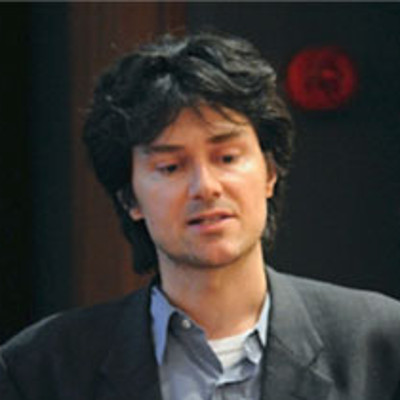Lecture 2: Synthetic Genetics II: Replicating RNA with RNA
A critical event in the origin of life is thought to have been the emergence of an RNA molecule capable of self-replication as well as mutation, and hence evolution towards ever more efficient replication. Although this ancestral replicase appears to have been lost, key functional aspects of RNA-catalyzed RNA replication can be studied “by proxy” with the use of modern RNA enzymes (ribozymes) generated by in vitro selection.
Starting from the R18 RNA polymerase ribozyme, a descendant of the class I ligase ribozyme derived directly from a random RNA sequence pool, we have used both in vitro evolution and RNA engineering to generate new RNA polymerase ribozymes with improved polymerase activity and sequence generality. I’ll be presenting our progress in the engineering and evolution of RNA polymerase ribozymes towards a general polymerase and self-replication capacity.
We have discovered RNA polymerase ribozymes that are capable of the templated synthesis (i.e. transcription) of another simple ribozyme or long RNA oligomers on a favourable template. Recently, we also discovered that simple peptides rich in Lysine (or its simpler analogues) are able to potentiate RNA polymerase ribozyme activity and evolution. I’ll also be presenting our work on the potential role that structured media such as the eutectic phase of water ice – as well as physicochemical cycles such as freeze-thaw cycles – may have played in early RNA evolution and catalysis and the emergence of functional RNAs from the pools of short RNA oligomers accessible through prebiotic chemistry.
Finally, I’ll be presenting recent work on the engineering of triplet polymerase ribozymes that are able to copy and replicate even highly structured RNA templates and enable non-canonical reverse and primer-free replication modes.

